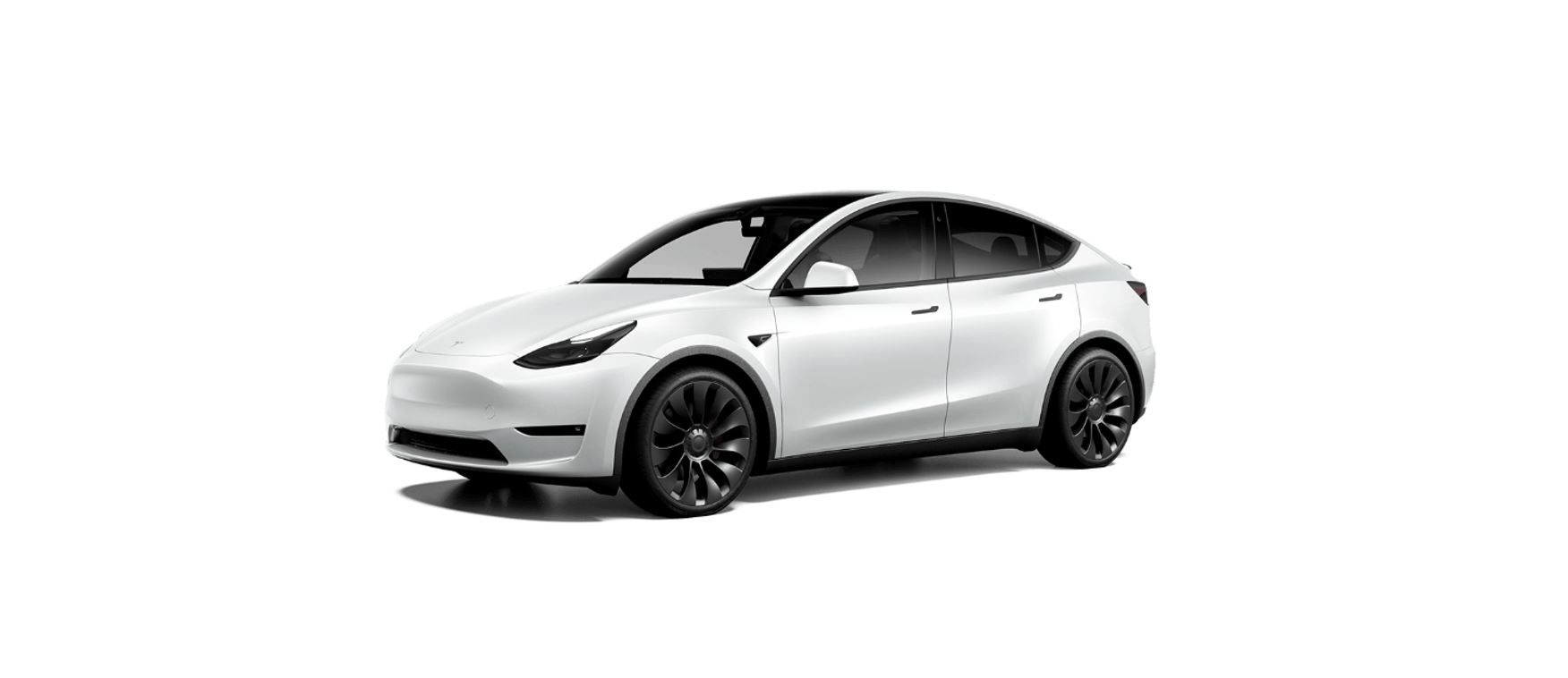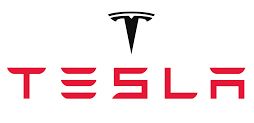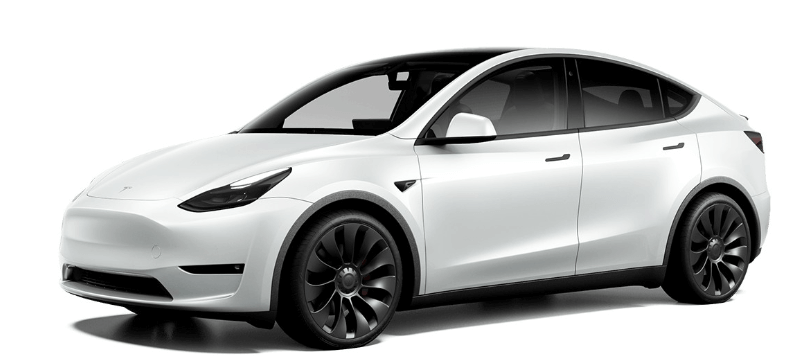Correct Driving Position
The seat, head support, seat belt and airbags work together to maximize your safety. Using these correctly ensures greater protection.
Position the seat so you can wear the seat belt correctly while being as far away from the front airbag as possible:
- Sit upright with both feet on the floor and the seat back reclined no more than 30 degrees.
- Make sure you can easily reach the pedals and that your arms are slightly bent when holding the steering wheel. Your chest should be at least 10 inches (25 cm) from the center of the airbag cover.
- Place the shoulder section of the seat belt mid-way between your neck and your shoulder. Fit the lap section of the belt tightly across your hips, not across your stomach.
Model Y seats include integrated head supports in the front that cannot be adjusted or removed.






